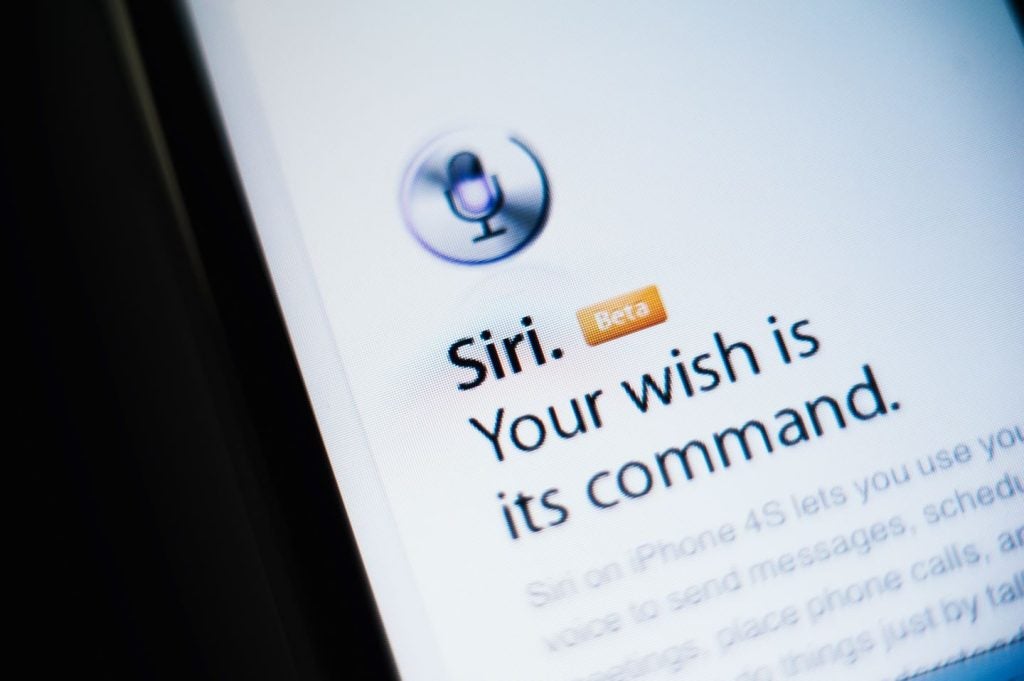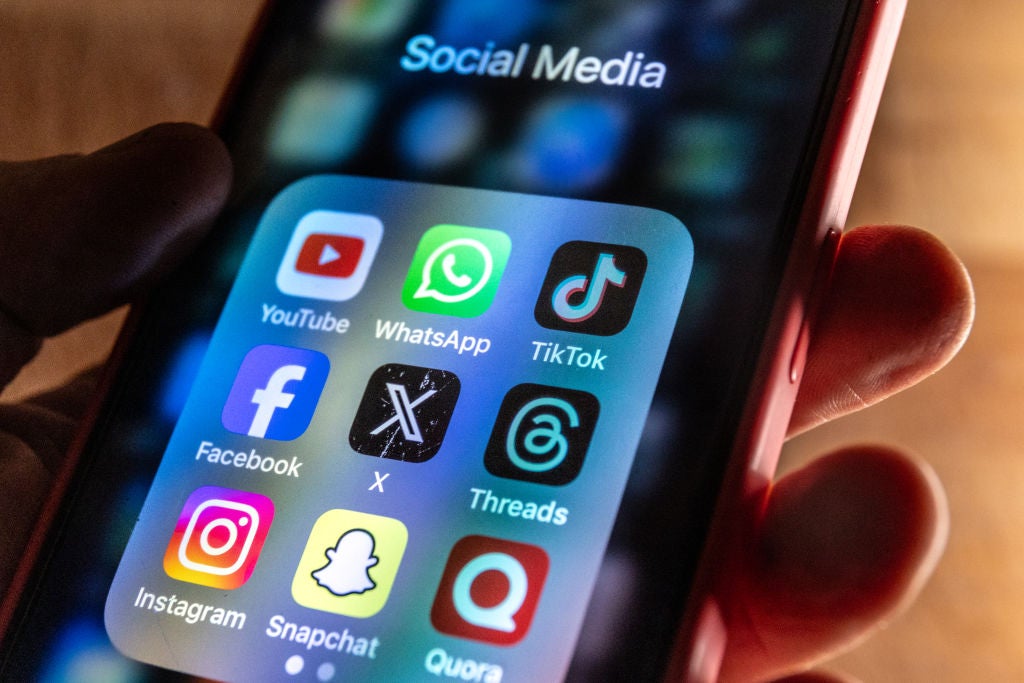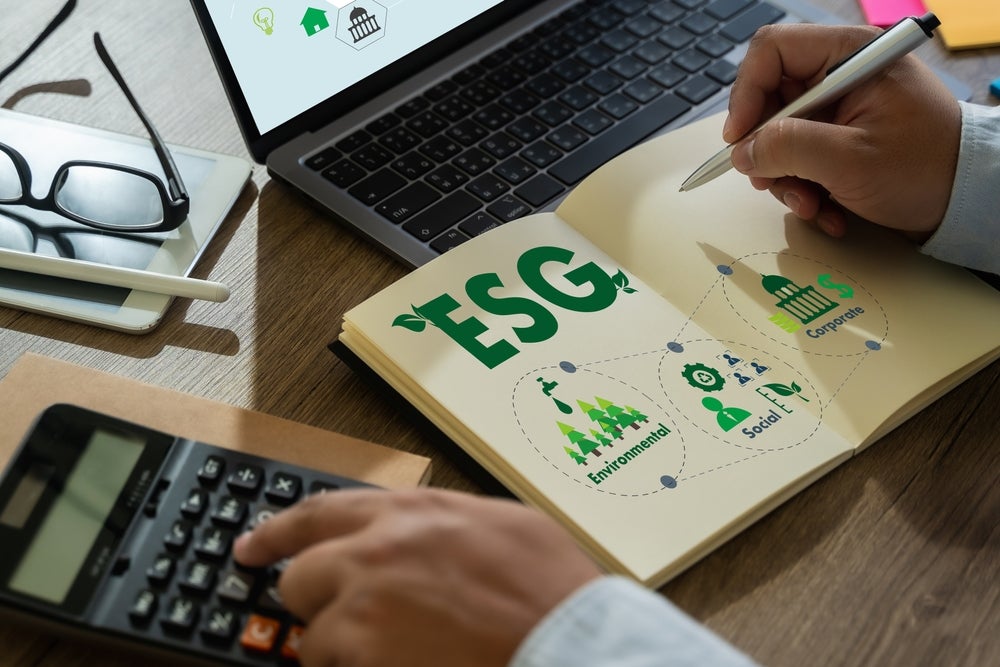
In a surprise turn of events, Apple and Qualcomm have announced that they will “dismiss all litigation between the two companies worldwide” bringing the high-profile legal dispute between the two tech giants to an end.
The two-year dispute over royalties on Qualcomm’s chip technology, one of the biggest legal battles the telecoms industry has seen, has ended in Apple forming an agreement with its former supplier.
According to a statement released by Apple yesterday, the companies have reached a six-year license agreement, including a two-year option to extend, and a multiyear chipset supply agreement. The settlement includes a payment from Apple to Qualcomm, but the amount has not yet been disclosed.
Shares in Qualcomm rose by 23% after the announcement, while Apple’s remained unchanged.
What was the dispute between Apple and Qualcomm?
The dispute was centred on Qualcomm’s requirement that Apple pay a percentage of iPhone revenue in exchange for using Qualcomm’s patents on the chips used in iPhones.
According to the New York Times, Qualcomm pioneered a type of cellular communications in the 1990s, meaning the company has been able to charge royalties on chips that enable phones to connect to data networks, even if they are not using components supplied by the company.
How well do you really know your competitors?
Access the most comprehensive Company Profiles on the market, powered by GlobalData. Save hours of research. Gain competitive edge.

Thank you!
Your download email will arrive shortly
Not ready to buy yet? Download a free sample
We are confident about the unique quality of our Company Profiles. However, we want you to make the most beneficial decision for your business, so we offer a free sample that you can download by submitting the below form
By GlobalDataApple objected to this “abusive licensing model”, refusing to pay the fees since 2017 on the grounds that they were anti-competitive, with Qualcomm in turn accusing Apple of stealing its intellectual property. As a result, Apple filed lawsuits, including a $1bn lawsuit in the US and one in China, with Qualcomm launching counter-suits in Germany and China. The two were involved in a total of 50 legal proceedings spanning the globe.
Qualcomm won two patent cases against Apple in Germany and China, resulting in some iPhone models being banned in China, and Apple stopping selling the iPhone 7 and iPhone 8 in Apple stores in Germany.
“This has come as a surprise”
Pio Suh, Managing Director at IPCom, a patent licencing company, said that the news has come as a shock for many in the industry:
“This has come as a surprise to both the telecoms and intellectual property industries – few will have foreseen such a settlement, so quickly, and at this stage of Apple/Qualcomm battle. Both have emerged victorious; Qualcomm’s shares skyrocketed, and I’m sure Apple will have negotiated a great deal, settling on a figure far lower than it would have paid on a running royalty basis.
He believes that the case has wider implications for patents and licensing in the telecom industry:
“Yet, while Apple and Qualcomm will return to their everyday business, retain their market share, and continue to maintain their dominant positions – the rest of the industry has been left in limbo. This was seen as one of the milestone cases that would set precedents and provide much-needed clarity on standard essential patent (SEP) licensing in the telecoms space. We were hoping to learn what kind of practices had been incorporated, in order to better inform licensing negotiations in the future, as Qualcomm’s licensing model (of charging a certain percentage based on the average selling price of the handset), had been challenged.
“It’s not game over yet though. We’re still waiting on a decision from the US Federal Trade Commission on the Apple and Qualcomm court cases, and on what the judge’s ruling will be. As such, we’ll be keeping a close eye on the FTC’s reaction, and hope that its decisions will provide the clarity and security needed to support continued innovation – from players big and small – across the telecoms space.”
Apple and the 5G market
The settlement has huge implications for Apple’s entry to the 5G market. Due to its dispute with Qualcomm, Apple has been relying on Intel modems for its move towards 5G, not expected before 2020.
However, after reports that Intel was failing to meet key 5G deadlines, it looked like Apple might be left behind in this area. Its reunion with Qualcomm may mean that 5G-compatible iPhones come to market sooner than expected.
The announcement was followed by the news that Intel is stopping its 5G modem development, making it look likely that Apple will return to its old supplier.
This follows the news last week that Huawei is reportedly “open” to the idea of its 5G technology being used in Apple devices.
Lynnette Luna, Principal Technology Analyst at GlobalData said:
“The end of the bitter licensing dispute between Qualcomm and Apple will have a significant impact on the burgeoning 5G market. Prior to this settlement, Apple was relying on Intel’s 5G modem to bring a 5G smartphone to market. It was questionable whether Apple would have been able to achieve this by 2020, and this is confirmed by the fact that Intel immediately announced its intention to exit the 5G modem market.
“The iPhone has tremendous clout in the wireless market. Once Apple bets on a new technology, it has the market power to move that technology forward and that is definitely the case for 5G; the industry needs a 5G-enabled iPhone to achieve growth in 2020.”






